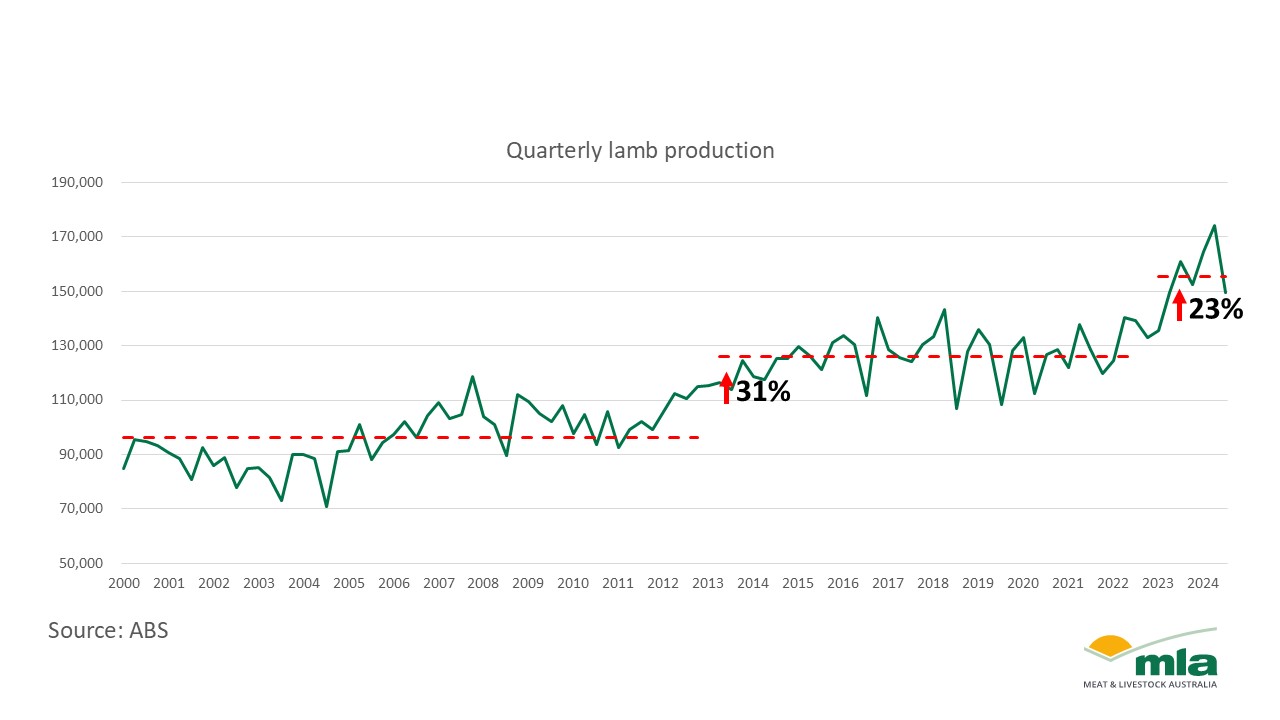In the aftermath of the January 2025 ceasefire, the outlook for Palestinians remains dire. The ongoing destruction in Gaza has created an uninhabitable landscape, with more than 46,000 Palestinians killed, many of whom are women, children, and non-combatants. Infrastructure is in ruins, and at least 1.9 million Palestinians are displaced. These conditions threaten to perpetuate the cycle of violence and instability.
In light of these developments, and in response to United States President Donald Trump saying the US will “take over” the Gaza Strip and move Palestinian people elsewhere, Australia must act with urgency to protect its interests and uphold its values on the global stage by:
- Continuing to press for a sustained and lasting ceasefire in Gaza.
- Continuing to support Palestinian self-determination and the human rights of Palestinians.
- Increasing direct humanitarian aid to the region, and substantially contributing to relief through UNRWA.
- Affirming commitment to international law, including supporting the findings of the International Court of Justice (ICJ) and encouraging the enforcement of International Criminal Court (ICC) warrants.
- Avoiding falling into the trap of the two-state solution paradigm, which lacks a clear path to Palestinian self-determination.
Rather than supporting temporary peacekeeping efforts, Australia must focus on securing long-term stability in the region.
Fostering dialogue between Israel and the Palestinians must be prioritised, facilitating an integrated economic, political, and security framework where both Jews and Palestinians can coexist equally.
Even without the immediate prospect of a Palestinian state, there is a global and regional imperative to stabilise the balance of interests across the Middle East. Consideration towards a way to support the creation of a supra-national forum, akin to ASEAN or even the European Union model, could promote long-term peace and prevent future destruction.
Australia is in a position to play a role in supporting such long-term, genuine peacebuilding. It must show leadership and promote that position.
“In response to any conflict, Australia must maintain consistency between the democratic values we uphold at home as intrinsic to our identity, and those we seek to defend abroad,” said Dr Emma Shortis, Director of the International & Security Affairs Program.
“We can not afford to ignore the consequences of the conflict in Gaza, which pose deep and lasting questions about our values.”
“Efforts to defend our values are central to defending our interests, our identity, and our long-term international reputation,” said Allan Behm, Advisor, International & Security Affairs Program.
“Finding a conductive environment for a settlement between the parties will be difficult to achieve, but even if it failed, the world would not be worse off for trying.”







